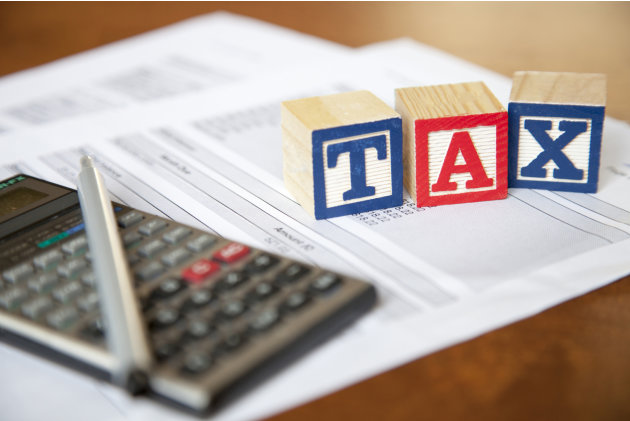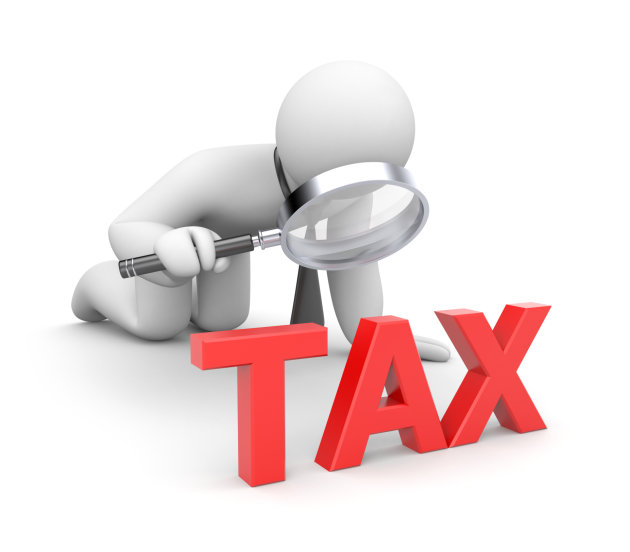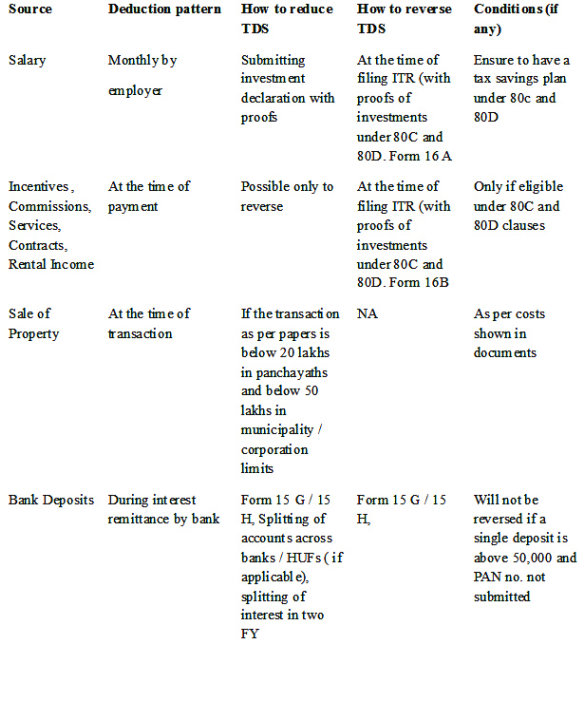What is TDS?

Fist let’s understand what Tax Deducted at Source means. As the name suggests, TDS is the spot deduction of tax from the income source itself, at the time of earning. This is to simplify the taxation procedure for the government and to ensure that the payment making and receiving individual / company is accounting the same without fail.
Where is it applicable?
TDS is applicable for earnings from several financial instruments and business transactions like salary, sale of property, interest income from banks, commissions and incentives, payment received for contracts and services, vendors, dividends and awards or prices earned as money.
What is that rate of tax deduction?
There is no uniform rate for TDS deduction. Depending on the source of earnings, it can range from 1% for sale proceeds to 30% .
Save TDS on Salary
It is mandatory as per Indian Income Tax rules that companies as well as working professionals who earn above the aforementioned figure should deduct tax at source from the payments they make.
Employers normally will ask employees to fill an investment declaration form. If you have done an early homework to save your TDS deduction by investing in several tax saving instruments under Sections 80C, 80D, or planning to do within that financial year, do declare the details in the form with required proofs to save TDS. If despite all your investments, your salary is still above the exemption limit, TDS will be deducted monthly.
TDS is applicable for payments including commissions, service fees, professional fees and payment via contracts. Here the TDS certificate issued will be Form 16 B which like Form 16 A, can be produced while filing income tax return to get reversed if applicable.
Income generated through bank deposits
TDS is deductable on interest income paid by banks and financial institutions in respect of FDs (exceeding Rs.10000 in a FY) and term deposits (exceeding Rs.5000 in a FY).
If your income is below the taxable limit, but the interest earned from your deposits is above Rs 10,000, you can request your bank not to deduct tax by submitting form 15 G and 15 H to the bank at the beginning of the financial year.Another effective way is to opt for multiple smaller fixed deposits across various banks.
Splitting the interest earned across two financial years in such a way that the overall annual interest earned from any of the FD not exceeding Rs 10,000 is another workable option.
In certain cases, dividing fixed deposits under two different heads can also be useful in avoiding. Individuals can divide deposits in their names and have some under a HUF account to avoid interest generation cross the taxable limit.And never forget to carry your PAN card for all fixed deposits over Rs.50000, because on not receipt of PAN number banks may deduct 20% TDS which is non reversible.
TDS from Property, Awards and Incentives:
TDS is applicable in case of earnings sale of property, rental / lease income, cash prizes, lottery winnings etc. The amount of deduction may vary from 1% in case of sale proceeds to nearly 30% in case of cash awards.
Individuals seeking TDS refund in the above mentioned situations can submit form 15G/H which is a self deceleration that your income is below taxable limit. This is applicable only for Indian residents including senior citizens and Hindu Undivided Families (HUF’s). Form 15G can be filed by all Indian residents whose total financial income for the designated financial year is below the threshold limit while senior citizens need to avail Form 15H for the same purpose. It is imperative to note that Non resident Indians are not allowed the use of forms 15G and 15H and need to apply separately.
In case of rental income, TDS will be deducted only if the rent you receive is not less than Rs1.8 lakh a year. In case of joint ownership of rented / leased property, where the specific share of the property is decided, the limit of Rs 1.8 lakh can be claimed separately by each owner.
Reversing TS collected
As you file your tax returns, you will know the tax bracket you are which determines the balance tax to be paid or that can be reversed. So do keep a track of the TDS that you have paid with Form 26AS or annual tax statement. All the taxes deducted on your behalf will be listed in it and it can be availed from the concerned sources along with Form 16. Otherwise missing taxes will be considered unpaid by the income tax authorities.
source:-yahoo.com













0 comments:
Post a Comment